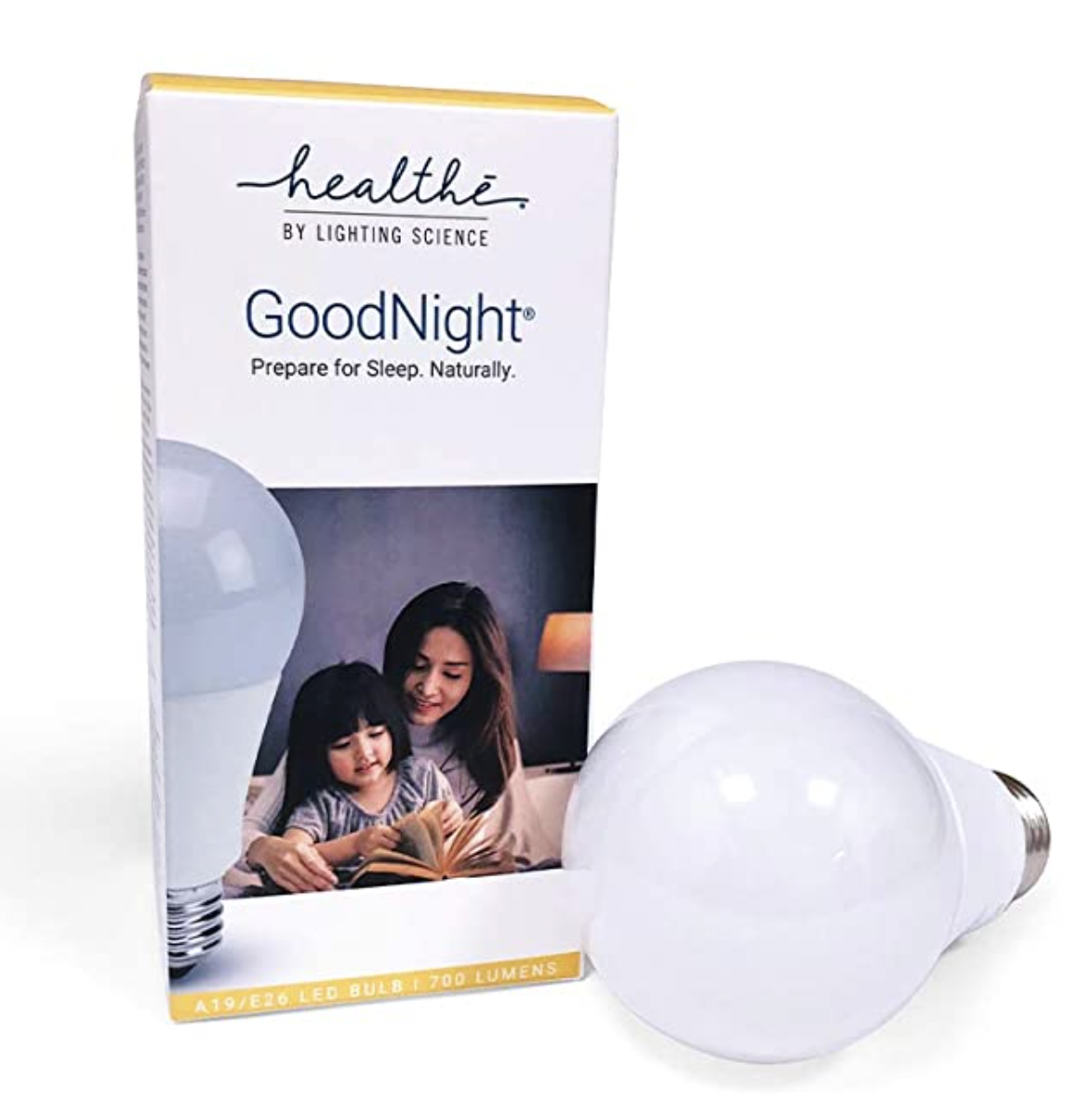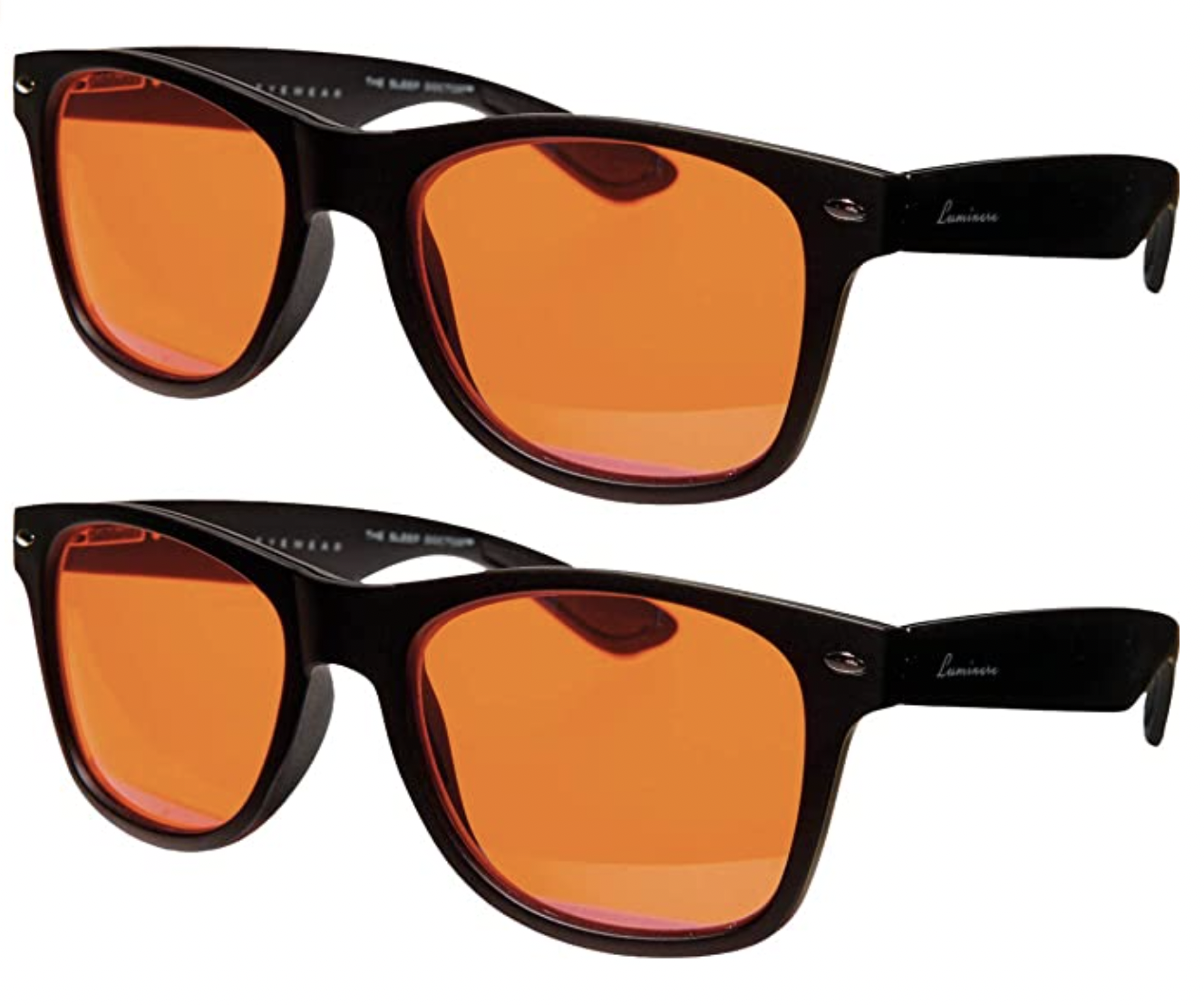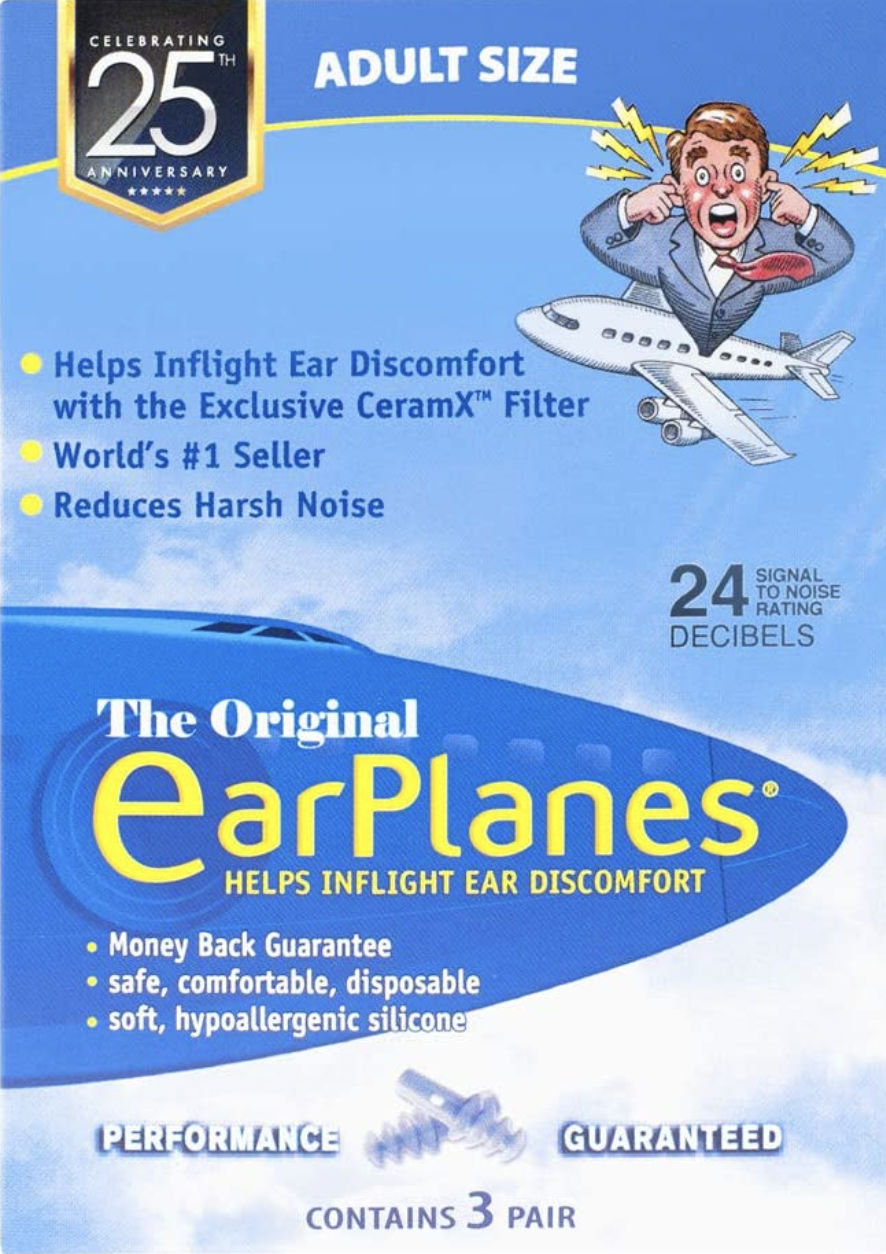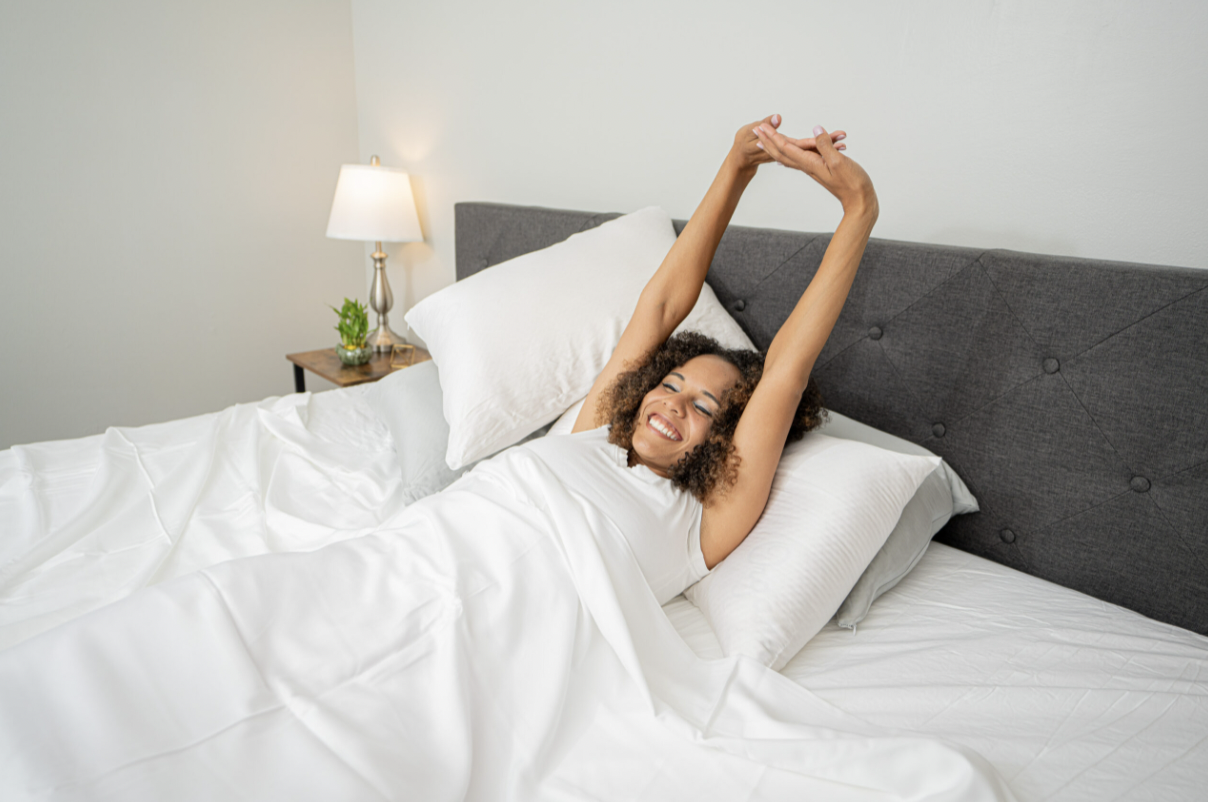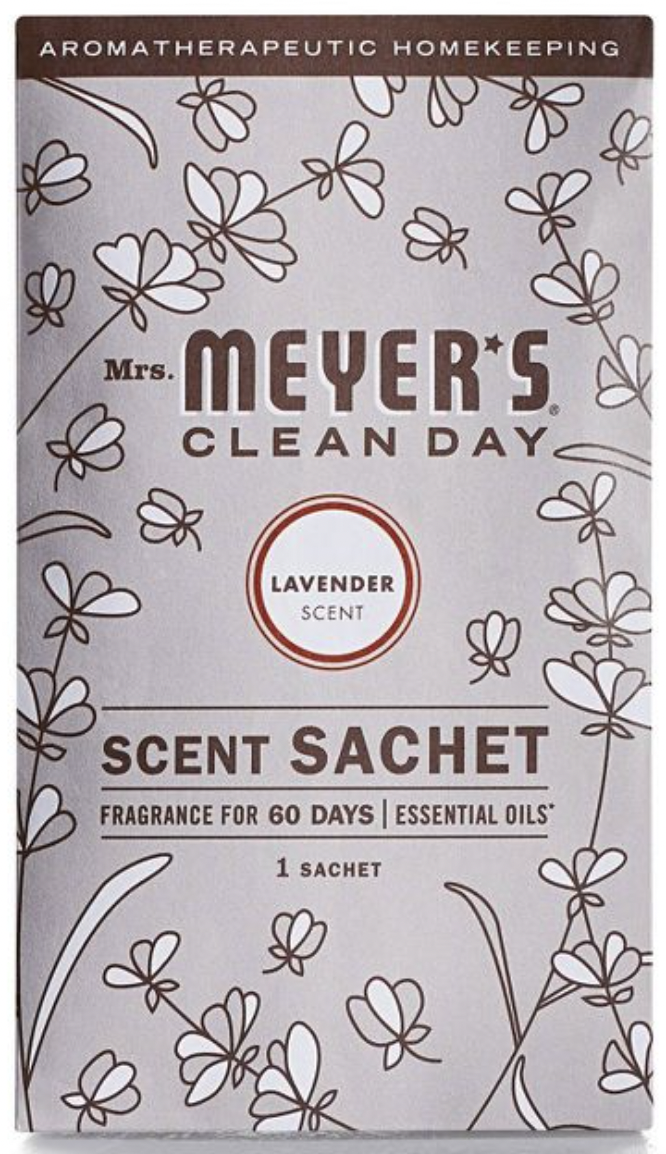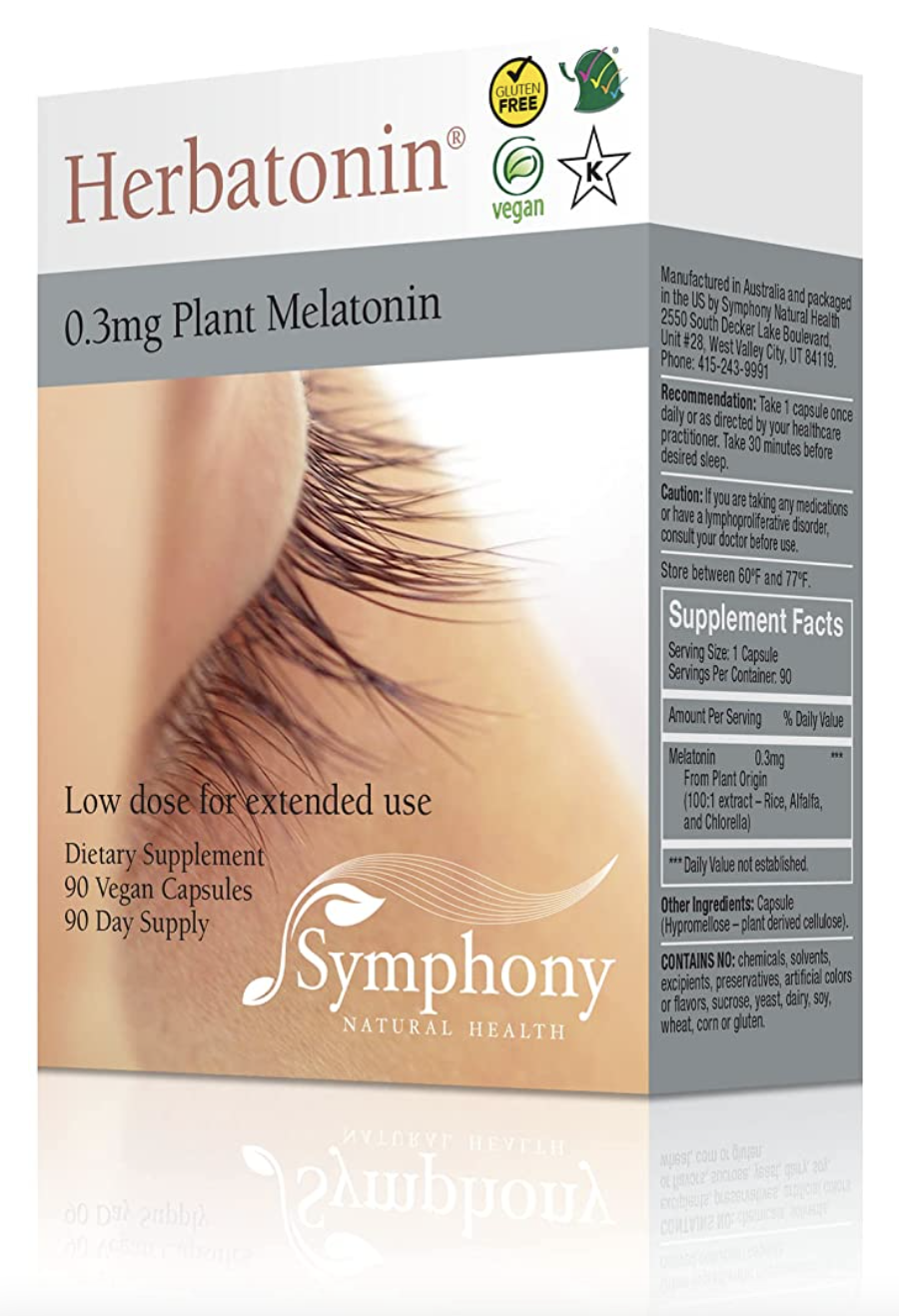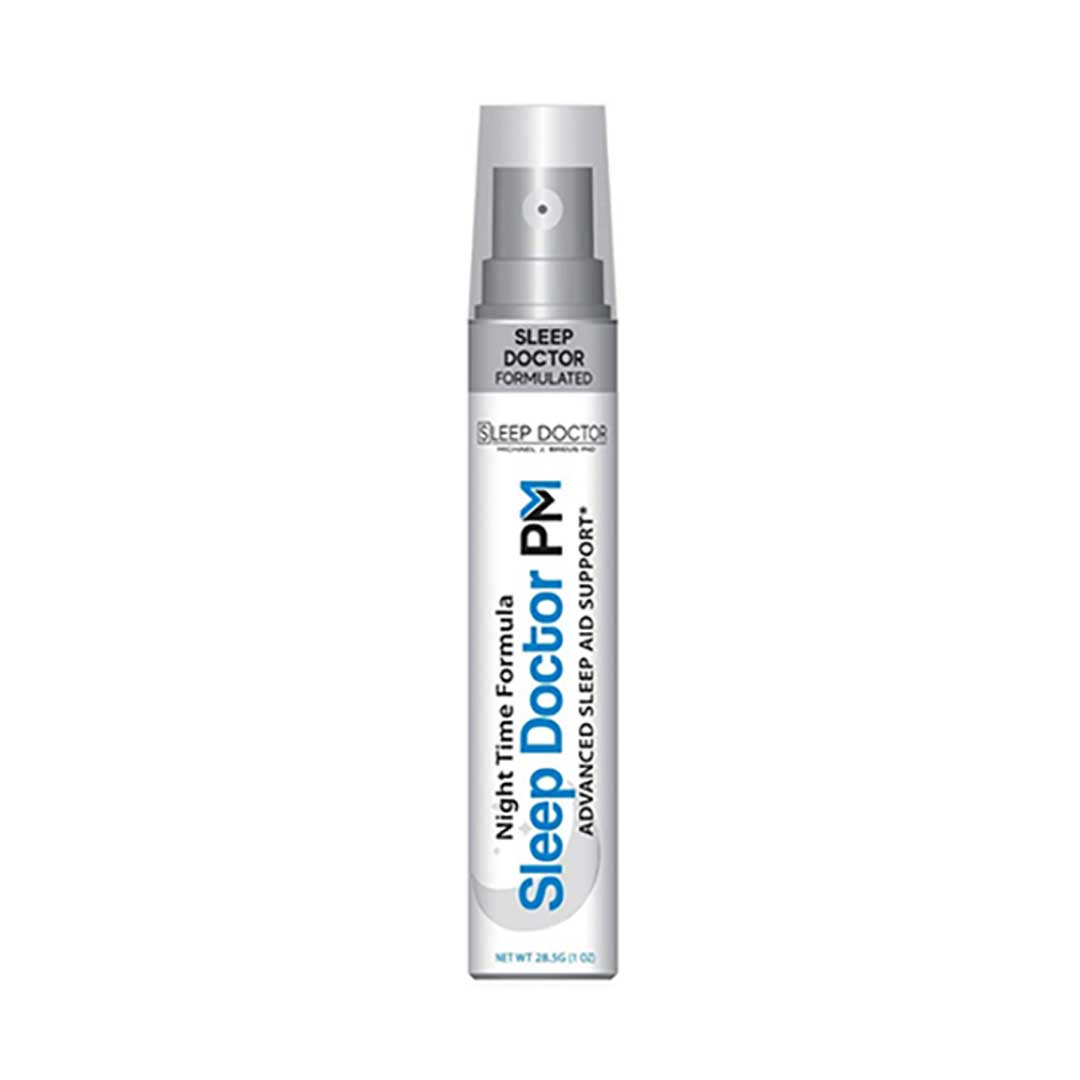

9 Sleep Doctor-Recommended Products To Fight Sleep Issues | Dr. …

Q&A with Organizational Pro Peter Walsh + Dermatologist Shares A…

Actor Hank Azaria + Freezer Meals + Artichokes 2 Ways with Rach

See Inside Barbara Corcoran's Stunning NY Apartment + It's Steak…

How to Make Chicken and Lobster Piccata | Richard Blais

Donnie Wahlberg Spills Details About NKOTB's First Ever Conventi…

Donnie Wahlberg + Jenny McCarthy Say Rach Is Such a "Joy" + Look…

The Best Moments From 17 Seasons of the Show Will Make You Laugh…

How to Make Crabby Carbonara | Rachael Ray

Rach Chats "Firsts" In Flashback From Our First Episode Ever In …

How to Make Apple-Cider Braised Pork Chop Sandwiches with Onion …

Rach's Chef Pals Say Goodbye to Show in Surprise Video Message

How to Make Sesame Cookies | Buddy Valastro

How to Make Tortilla with Potatoes, Piquillo Peppers and Mancheg…

How to Make Shrimp Burgers | Jacques Pepin

How to Make Spanakopipasta | Rachael Ray

Andrew McCarthy Chokes Up Discussing Emotional Trip to Spain wit…

Celebrity Guests Send Farewell Messages After 17 Seasons of the …

Celebrity Guests Send Farewell Messages After 17 Seasons of the …

Andrew McCarthy Teases Upcoming "Brat Pack" Reunion Special

Michelle Obama Toasts Rach's 17 Years on the Air With a Heartfel…
Each product has been independently selected by our editorial team. We may receive commissions from some links to products on this page. Promotions are subject to availability and retailer terms.
Pandemic-related stress can have a negative impact on your sleep, whether or not you're someone who had trouble sleeping before Covid-19 hit back in March of 2020. "There's no question that the level of stress that everybody is feeling is not what we're all used to," says the "Sleep Doctor," Dr. Michael Breus. "The thing that most people don't realize is sleep is where we process emotions. So it makes a lot of sense to me that we're going to have some crazy dreams going on — because a lot of people are reporting what we call quaran-dreaming."
"We've definitely seen a change in overall sleep patterns. Prescription sleeping medication is up by 30% during Covid. Caffeine consumption is up. What's happening is people are falling out of their schedules. People are sleeping later, staying up later — that's throwing everything off," the Sleep Doctor says.
His number one piece of advice for better sleep? "Wake up at the same time every single morning. It sets your circadian clock, it sets up your day, allows you to know what's happening and then your body knows what to do." And yes, he says this includes weekends. "Consistency helps lower stress, and lower stress leads to more productivity," according to Dr. Breus.
Plus, the Sleep Doctor is sharing his favorite products for a better night's sleep, based on the five senses: sight, sound, touch, taste and smell.
Products For Better Sleep
1. Blue-Light Filtering Bulbs
"Light can have a dramatic affect on your sleep. If [your bedroom] light is too bright at night, it can absolutely, positively affect your ability to fall asleep and produce something called melatonin. Melatonin is that key that starts the engine for sleep," the doc says.
"Generally speaking you want your bulbs to be around 40 watts, or you can install a dimmer switch. Also they now make these specialty light bulbs that have a filter on the inside that filters out the blue lights."
2. Blue-Light Blocking Glasses
"You want to get the amber lenses, and make sure that they've been approved by a sleep specialist," the Sleep Doctor says. Dr. Breus uses the blue-light blocking glasses he designed and developed himself.
MORE: We Tried 5 Blue Light Glasses From $18 - $145 & Here's What We Thought
3. Ear Plugs
Dr. Breus likes "EarPlanes" earplugs for flying, which he says are very comfortable. As far as earplugs for the bedroom go, he recommends standard foam earplugs.
"When you're looking at earplugs, you want to get the foamy kind — and if you can, get the noise-level rated at 32 or below. This way you can still hear the smoke alarm, but hopefully drown out the noise of maybe a snoring bed partner," he says.
4. Restflix App
"They've got channels of different kinds of sounds and these beautiful visual seascapes," the doc says about the Restflix app. "So what I've been doing lately is I've got my blue-light blocking glasses on, and I watch these. They're very soothing."
5. Breathable Cotton Sheets
"Cotton has a tendency to be incredibly breathable, absorb perspiration, things of that nature. So when you're looking for thermoregulation, look at your sheets, because they could have a lot to do with it," Dr. Breus says. He recommends the EverSheets by Infinite Moon, which he says are "incredible."
6. Aromatherapy Sachets
Dr. Breus puts lavender-scented aromatherapy sachets inside a pillow for some DIY aromatherapy. "A big thing to remember about aromatherapy [is that] candles and sleep don't mix," he adds.
7. Guava Leaf Tea
"You shouldn't go to bed hungry, but you certainly shouldn't go to bed full," the doc says. He suggests drinking guava leaf tea, which he says "keeps blood sugar stable throughout the night."
8. Melatonin Capsules
"First of all, if people are considering taking melatonin, they should talk with their doctor first, just to make sure it doesn't interact with any medications that they might be taking," Dr. Breus says. "Melatonin can be very helpful, especially for people who are night owls. It's a hormone, so we have to think about it that way. It's not a medication."
The Sleep Doctor explains that melatonin comes in pill or capsule form as well as in a dropper form. "If you get it in the dropper form, you can use it 30 minutes before lights out. But if you get it in the pill form, you have to use it 90 minutes [before lights out]," he says.
9. Melatonin Spray
Dr. Breus uses Sleep Doctor PM from his own company, a melatonin sleep aid he created to spray under your tongue 15 minutes before bedtime.



